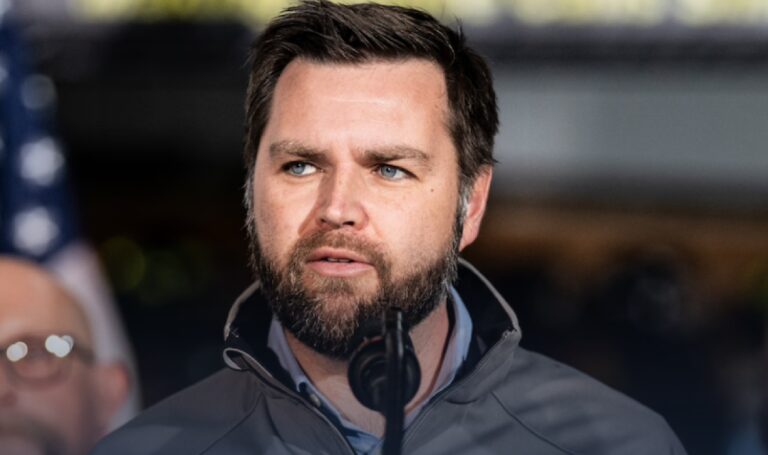By SUZANNE DOWNING
In August, US House Judiciary leaders went abroad to investigate firsthand how Europe regulates speech online. What they found should worry every American who values the First Amendment — especially Alaskans, who travel widely, whether for work in the resource industries, military service, or just to see family and friends.
This isn’t abstract policy talk. What Europe is doing across the Atlantic could soon dictate what you can post, read, or share on Facebook, Instagram, X, or any other major platform. Vague laws written and selectively enforced by unelected bureaucrats in Brussels and London are already pressuring American tech companies to censor political speech — not just for Europeans, but for us.
Last year, during a Judiciary Committee investigation, Facebook founder Mark Zuckerberg admitted something shocking: Biden administration officials leaned on Facebook to censor Americans, including jokes and satire about Covid-19. He called it “wrong,” promised not to repeat it, and rolled back some of Meta’s censorship policies, which impacted news and opinion leaders, including here at Must Read Alaska.
Thanks to Americans winning that fight, robust debate has returned to the digital town square and dissent is permitted once again.
But now, Europe is trying to drag us backward.
The European Union’s Digital Services Act and Britain’s Online Safety Act give regulators broad powers to punish platforms that don’t scrub undefined “disinformation” or “hate speech.”
In practice, that means censoring political debate. What’s worse, these governments want the rules applied globally, which means your posts in Anchorage, Fairbanks, or Wasilla could vanish because a bureaucrat in Brussels decides it offends “European values.”
Consider this: In the heat of the US 2024 election, the EU warned Elon Musk about hosting an interview with Donald Trump on X, claiming it could cause “spillovers” into Europe. This was the case of one European official openly threatening an American platform over American political speech in an American election. It was just an interview. That’s not just wrong — it’s dangerous.
And what if tech companies don’t comply? Europe threatens them with fines of up to 6–10% of their worldwide revenue. Let’s be clear: That money would come mostly from American consumers and businesses. It’s a backdoor European tax on Americans, dressed up as “safety regulation.”
Alaskans, who travel more than most Americans, may feel the chill of these laws firsthand. Whether you’re checking in with loved ones from overseas, posting a hunting photo, or weighing in on US politics while on a tour of Europe, you could suddenly find yourself muzzled by regulations you never voted for. The ripple effect doesn’t stop when you return home: If companies adjust their global content policies to appease Europe, the same restrictions will apply to your account right here in Alaska.
Europe’s own economy is stagnant. Its leaders, rather than fixing real problems like immigration and growth, have doubled down on censorship. They want to silence critics and export their broken policies to us. We cannot let that happen. This is an opportunity for our own delegation in Washington to weigh in, in order to protect our constitutional rights.
Free speech is the foundation of America. It’s why our ideas thrive and our democracy endures. The Trump Administration is right to put this fight at the top of the agenda, and Congress must keep up the pressure.
The First Amendment doesn’t stop at the water’s edge — and neither should our defense of it.
Suzanne Downing is founder and editor of Must Read Alaska.
Suzanne Downing: Arabella still pulls the strings as left-wing money machine controlling Alaska
Suzanne Downing: ‘We didn’t vote for Musk,’ the Left said. Turns out, he was never in charge






